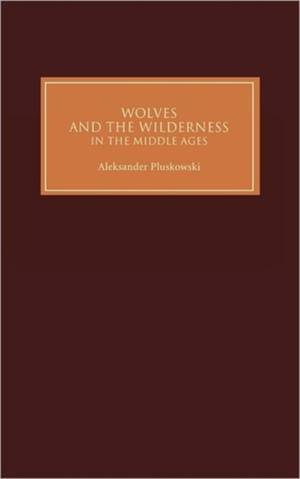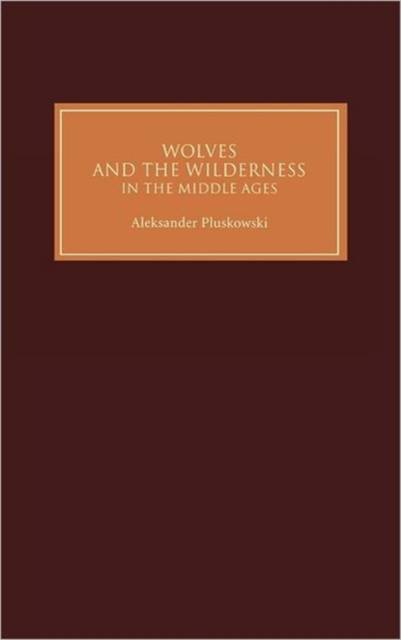
- Afhalen na 1 uur in een winkel met voorraad
- Gratis thuislevering in België vanaf € 30
- Ruim aanbod met 7 miljoen producten
- Afhalen na 1 uur in een winkel met voorraad
- Gratis thuislevering in België vanaf € 30
- Ruim aanbod met 7 miljoen producten
Zoeken
€ 83,95
+ 167 punten
Omschrijving
The wolf, a common metaphor for vice in medieval Christian literature, is today an iconic symbol of the intense fear and insecurity that some associate with the middle ages. In reality, responses to wolves varied across medieval Europe. Although not dependent on the wilderness, wolves were conceptually linked to this environment - which although on the fringes of medieval society, became increasingly exploited from the eighth to fourteenth centuries, so bringing people and livestock closer to the wolf. This book compares responses to wolves, focusing on two regions, Britain and southern Scandinavia. It looks at the distribution of wolves in the landscape, their potential impact as predators on both animals and people, and their use as commodities, in literature, art, cosmology and identity. It also investigates the reasons (both practical and cultural) for the eradication of wolves in England, but their survival on the Scandinavian peninsula. ALEKSANDER PLUSKOWSKI is Junior Research Fellow in Medieval Archaeology, Clare College, Cambridge
Specificaties
Betrokkenen
- Auteur(s):
- Uitgeverij:
Inhoud
- Aantal bladzijden:
- 248
- Taal:
- Engels
Eigenschappen
- Productcode (EAN):
- 9781843832362
- Verschijningsdatum:
- 21/09/2006
- Uitvoering:
- Hardcover
- Formaat:
- Genaaid
- Afmetingen:
- 163 mm x 236 mm
- Gewicht:
- 603 g

Alleen bij Standaard Boekhandel
+ 167 punten op je klantenkaart van Standaard Boekhandel
Beoordelingen
We publiceren alleen reviews die voldoen aan de voorwaarden voor reviews. Bekijk onze voorwaarden voor reviews.








